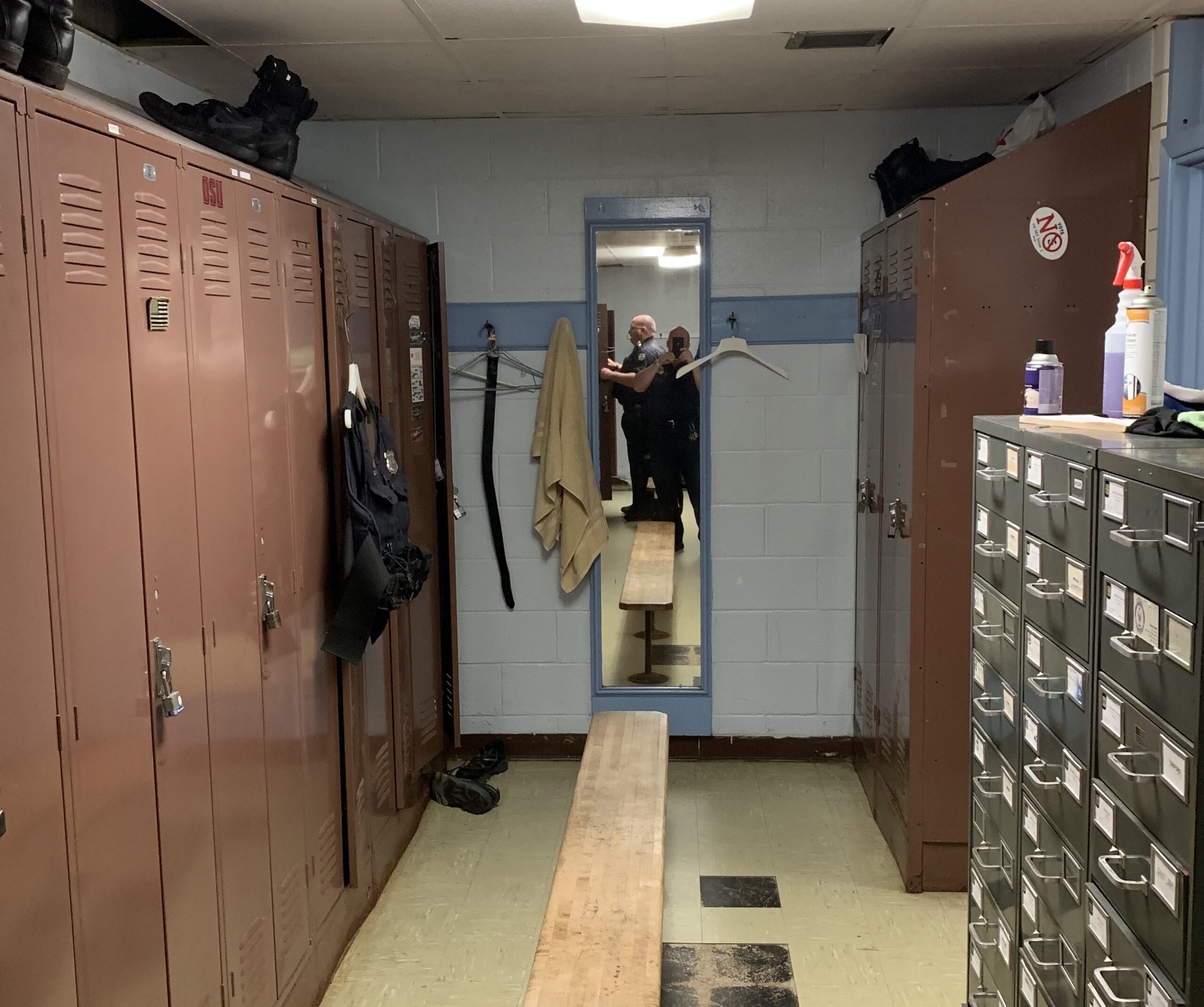
The typically fiery football landscape of Olympique Marseille has been set ablaze not by a spectacular goal or a dramatic victory, but by an internal clash that pits managerial authority against player conduct and, perhaps most unusually, the pervasive influence of a player`s agent-mother. At the epicenter of this brewing storm are Roberto De Zerbi, the club`s Italian head coach, and Adrien Rabiot, the seasoned midfielder now teetering on the edge of an unexpected exit.
The Flashpoint: A Professional Breach in Rennes
The saga began, as many regrettable incidents do, with an altercation. During a recent team gathering in Rennes, Adrien Rabiot became embroiled in a physical confrontation with teammate Rowe. While locker room tensions are not unheard of in the high-stakes world of professional football, the nature and intensity of this particular incident necessitated immediate intervention, reportedly even from club bodyguards.
For De Zerbi, a coach known for his demanding yet profoundly human approach, the act itself was a significant breach of professional decorum. His subsequent decision to suspend Rabiot was a clear signal of the club`s uncompromising stance on discipline. The expectation, as he later articulated, was simple: an acknowledgment of wrongdoing and a display of humility.
«I am not scandalized, as I come from the streets,» De Zerbi candidly stated in a press conference. «But I would have expected a Rabiot with his ears lowered, offering an apology. Things would have returned to normal then.»
This sentiment, shared after consultation with President Pablo Longoria and Sporting Director Mehdi Benatia, underscored a fundamental principle: regardless of status, professional athletes are employees. And in any workplace, such a direct physical dispute, especially in front of superiors, leaves only two viable responses: suspension or dismissal. For Marseille, suspension was the chosen path, a hope for sincere repentance and a recognition of the team`s hierarchical structure.
The Unexpected Escalation: A Mother`s Public Defense
Days after the initial incident, Rabiot finally approached De Zerbi, expressing regret but, perhaps, still perceiving the suspension as unduly severe. De Zerbi, in turn, offered what he described as «fatherly advice.»
«He only came to talk to me today,» De Zerbi revealed. «He feels the measure was too severe. But I spoke to him like a father. If I were his father, I would have done the same.»
However, what should have remained an internal dialogue quickly spiraled into a public controversy with the highly vocal intervention of Rabiot`s mother, Véronique, who also serves as his agent. She launched a public critique of De Zerbi, accusing him of hypocrisy and an inconsistent application of disciplinary standards. Her comments reportedly drew comparisons to how another prominent player, Mason Greenwood, was given a «second chance,» implying a double standard in De Zerbi`s management.
De Zerbi was quick to refute these claims, drawing a sharp distinction between the cases. «She said things that were not true,» he retorted, recalling his past support for Rabiot, even making him captain during their time at Paris Saint-Germain and defending him from hostile fans. «Greenwood`s issues were personal matters. Here, we`re talking about inappropriate behavior in a workplace.» This crucial distinction highlights the professional boundary that, in De Zerbi`s view, Rabiot`s conduct had unequivocally crossed.
The Impasse and Rabiot`s Imminent Departure
The public spat, particularly the direct challenge from Rabiot`s mother-agent, appears to have cemented a fracture that may prove irreparable. De Zerbi, while acknowledging Rabiot as a «good guy,» minced no words regarding the situation`s trajectory:
«The situation was managed poorly by his entourage. It would have been normal to come back with ears lowered and apologize. And everything would have returned to normal. We never wanted a definitive break.»
However, the break now seems irreversible. Adrien Rabiot is reportedly on the transfer market, a significant development for a player of his caliber so late in the transfer window. For Marseille, losing such a key player presents an immediate challenge. Ever the pragmatist, De Zerbi stated that the club would seek «5-6 new additions» to complete the squad, accepting the need to adapt rather than compromise on the principles he believes are vital for team cohesion and long-term success.
Beyond the Touchline: Dignity and Professionalism
This unfolding drama at Olympique Marseille serves as a compelling case study in modern football management. It underscores the delicate balance coaches must strike between nurturing individual talent and upholding the collective discipline essential for team success. De Zerbi`s firm stance, rooted in a commitment to integrity and clear rules, offers a stark reminder that professional sports, despite their glamorous exterior, are ultimately workplaces. In an era where player power and agent influence can often dictate narratives, De Zerbi`s insistence on «dignity over disposition» provides a resonant, if potentially costly, lesson in leadership. The future for both Rabiot and Marseille remains uncertain, but the echoes of this locker room clash will undoubtedly influence the club`s trajectory for seasons to come.

